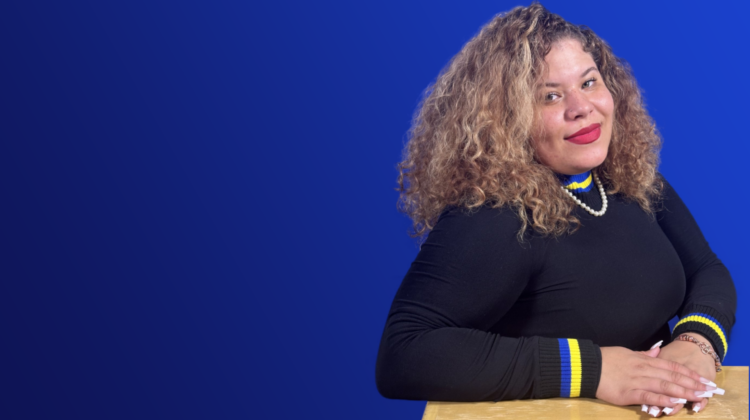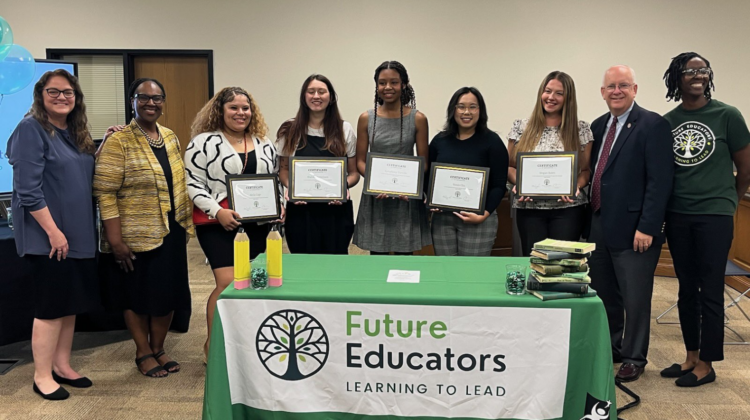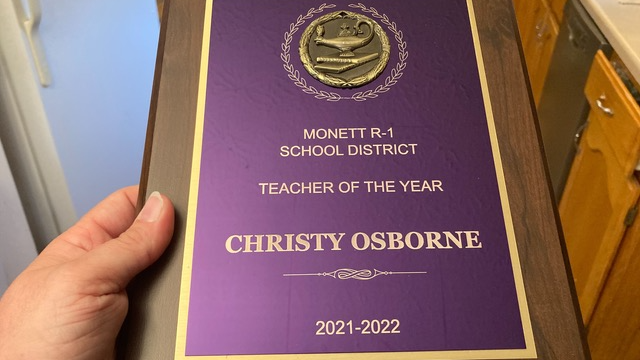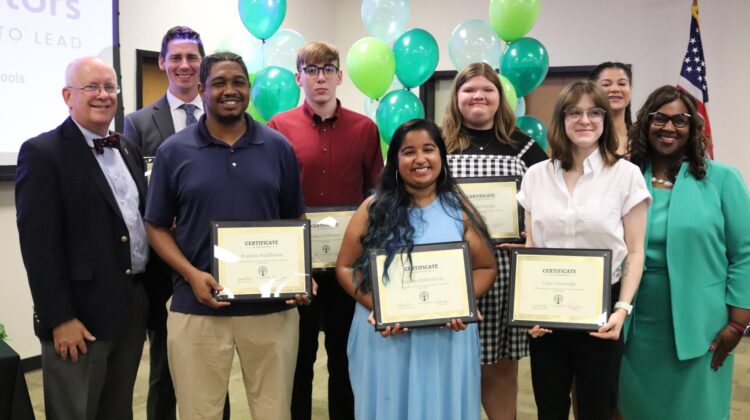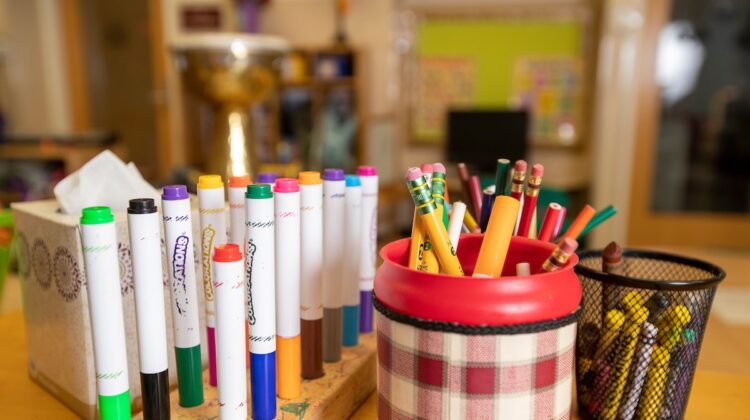Aleila Cage has a passion for learning, equity and her community. She decided to pursue an education degree because she wanted to foster a safe space for all students.
This semester, she is completing her student teaching at Springfield’s Reed Academy in 7th and 8th grade social studies.
“Student teaching has been a roller coaster of events,” Cage said. “Middle schoolers keep you on your toes. Their perspectives and experiences give me a meaningful approach to teaching.”
Cage was selected for the second cohort of the Future Educators Program. This partnership between Missouri State and Springfield Public Schools seeks to recruit, hire, and retain educators from diverse backgrounds to the district.
Her time at Missouri State
From St. Louis, Missouri, Cage transferred to MSU from Southern Baptist University after having positive experiences with the campus community. She is now in her last semester of the middle school education program.
“The entire education program has had the most positive impact on me,” Cage said.
At MSU, she has found professors who model what a good educator looks like. She notes Dr. Julie Steiger and Dr. Ashley Payne have played a major part in shaping her into the educator she is today.
After graduating this spring, Cage plans on teaching middle school while pursuing a master’s degree in education.
Engaging with the campus and larger community
Cage is the president of Missouri State’s NAACP chapter. She joined the NAACP because it is the largest civil rights organization in the country, and she is proud to be a part of their fight for equity.
“The past, present and future of this nation is shaped by the NAACP,” Cage said.
She is also vice president of Sigma Gamma Rho, a historically African American sorority. Cage resonated with this organization because it was founded by educators. She said she found a true sisterhood within her chapter of people who share her goals.
Off campus, Cage is also a cheer coach at Central High School in Springfield and a pre-teen coordinator at the Boys and Girls Clubs of Springfield. In this position, she develops programs and curriculum encouraging self-growth and healthy lifestyles for students aged 11-13.
Offering some advice
Her advice to those wanting to pursue education is to get organized, practice patience and be intentional.
“Remember, you’re shaping the future,” Cage said.
She believes education is one of the most important careers someone can engage in.
“Be that person your younger self would need.”

